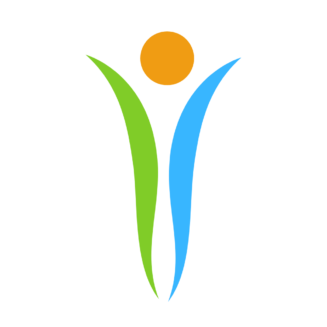According to the U.S. Department of Health and Human Services’ initiative “Healthy People 2020”
“Health literacy is the degree to which individuals have the capacity to obtain, process, and understand basic health information and services needed to make appropriate health decisions“
The dramatic effects of low health literacy among the citizens were seen during the COVID-19 pandemic through the evolution of the Infodemic we are fighting along with the pandemic. Therefore, the 5th Healthy People initiative of U.S. Department of Health and Human Services “Healthy People 2030” updated the definition of health literacy in August 2020, to separate the personal health literacy from the organizational health literacy, acknowledging that organizations have a social responsibility to address health literacy and that health literacy should be a high priority for a society that wants to address health equity and social justice. Several countries have already established national strategies and plans to improve health literacy among their citizens.
“Businesses, educators, community leaders, government agencies, health insurers, healthcare providers, the media, and many other organizations and individuals all have a part to play in improving health literacy in our society.” CDC, 2021
“Improving health literacy in populations provides the foundation on which citizens are enabled to play an active role in improving their own health, engage successfully with community action for health, and push governments to meet their responsibilities in addressing health and health equity” WHO, 2016
The academic world already has thousands of well-researched articles and books on why health literacy matters. If you just google the term “health literacy” you can find dozens of articles from official health authorities’ websites on the subject.
But you know me, I really like plain language when it comes to complex discussions.
In simple words an individual with a low level of health literacy, is someone that has difficulty in assessing the vast tsunami of information and misinformation you can find online today. Someone that has been so confused by the Information Overload on everyday health issues like nutrition, child birth, breastfeeding, sleep, stress management and natural remedies for common health problems (from a common cold to a headache), that does not have the ability to evaluate that information to use the parts of it that are useful and reliable. Someone that worries about the arsenic in the rice when eating shellfish, the toxic chemicals in the air of the house when smoking or the amount of protein intake when eating enough calories. Low health literacy can also be found among highly educated people. A lawyer, an architect, an engineer or any other person with a strong educational background can still lack the health literacy she/he needs.
Health literacy is probably the most important defence mechanism against misinformation, pseudoscience, unethical marketing, overmedicalization, health propaganda, greenwashing, medical bullying, and midwifery violence.
Especially among parents, health literacy is an invaluable tool they need to be able to survive the tremendous stress of the current trend of scientific parenting; the trend of taking evidence-based parenting decisions. Although scientific evidence has been invaluable help to drive this paradigm shift towards a new parenting approach that is by far more beneficial to children, at the same time it has created a whole new kind of parental stress, wonderfully described in the book Ordinary Insanity by Sarah Menkedick.
The health literacy of a mother can determine whether she will go through this motherhood journey feeling empowered or hopeless.
When trying to decide on what to eat during pregnancy, whether she will take epidural or not, whether she will give birth to the hospital or at home, whether she will choose to breastfeed, co-sleep, feed with smashed food or baby-led weaning… in all this crazy, life-sucking, marathon decision making, a health literate mother can be able to make informed decisions that depict her life values and her priorities.
Health literacy matters.
It gives us the freedom to take our health into our hands.
It gives us back our life, our autonomy, our power over our own bodies.
(Let me help you improve your health literacy. Join my Health Literacy Webinars.)



